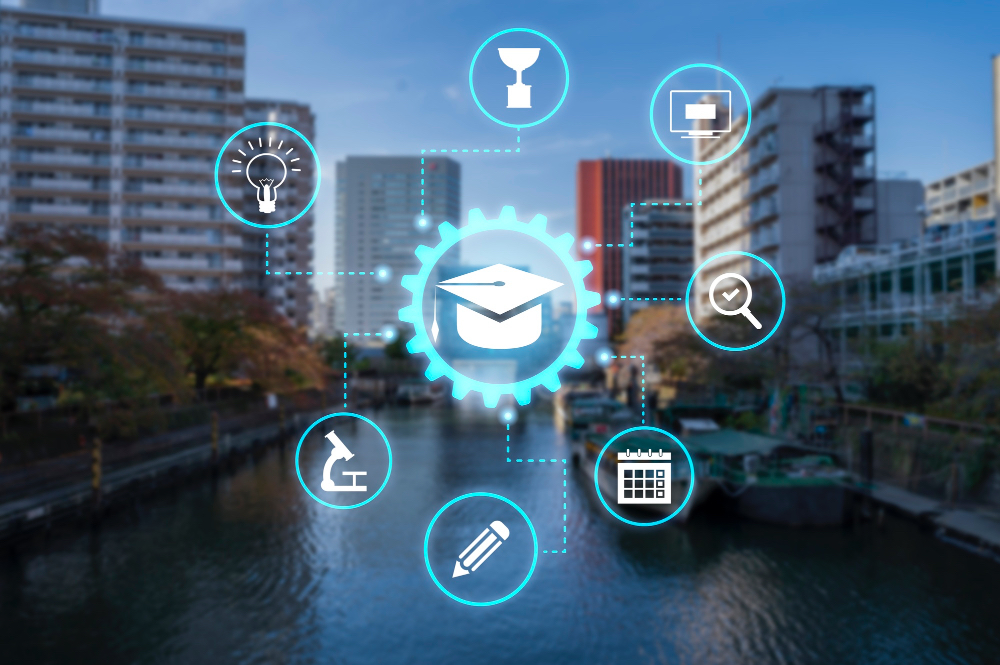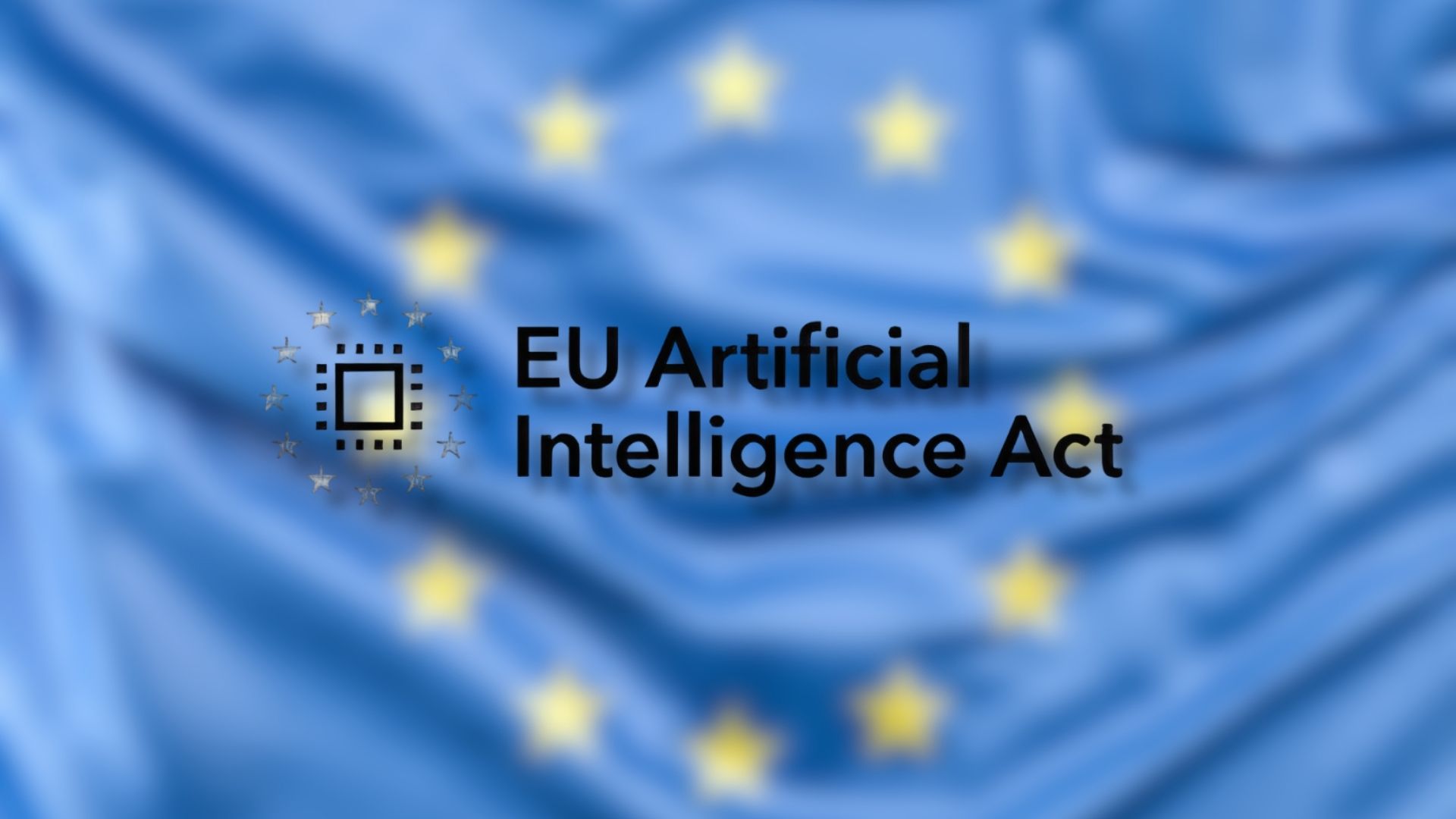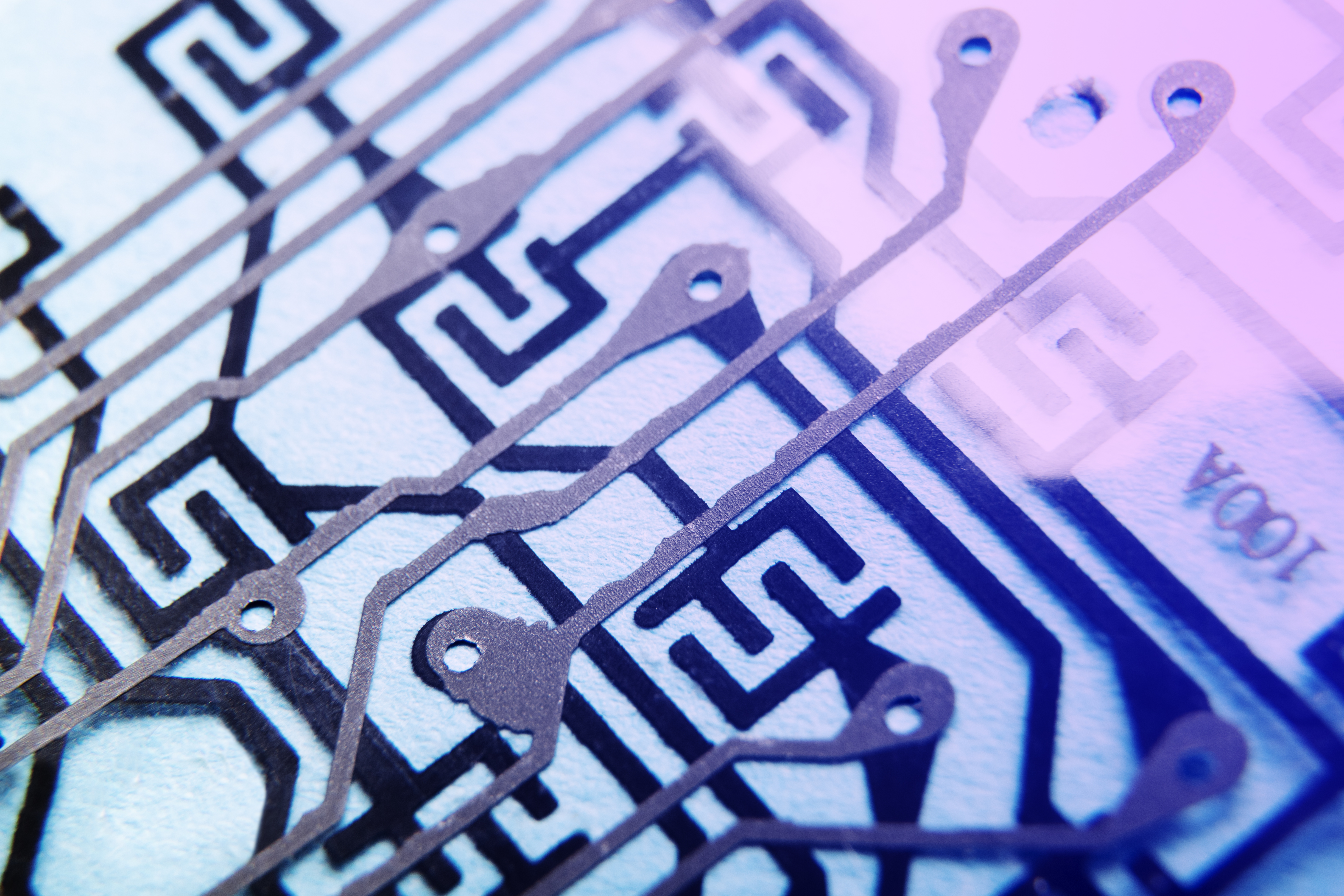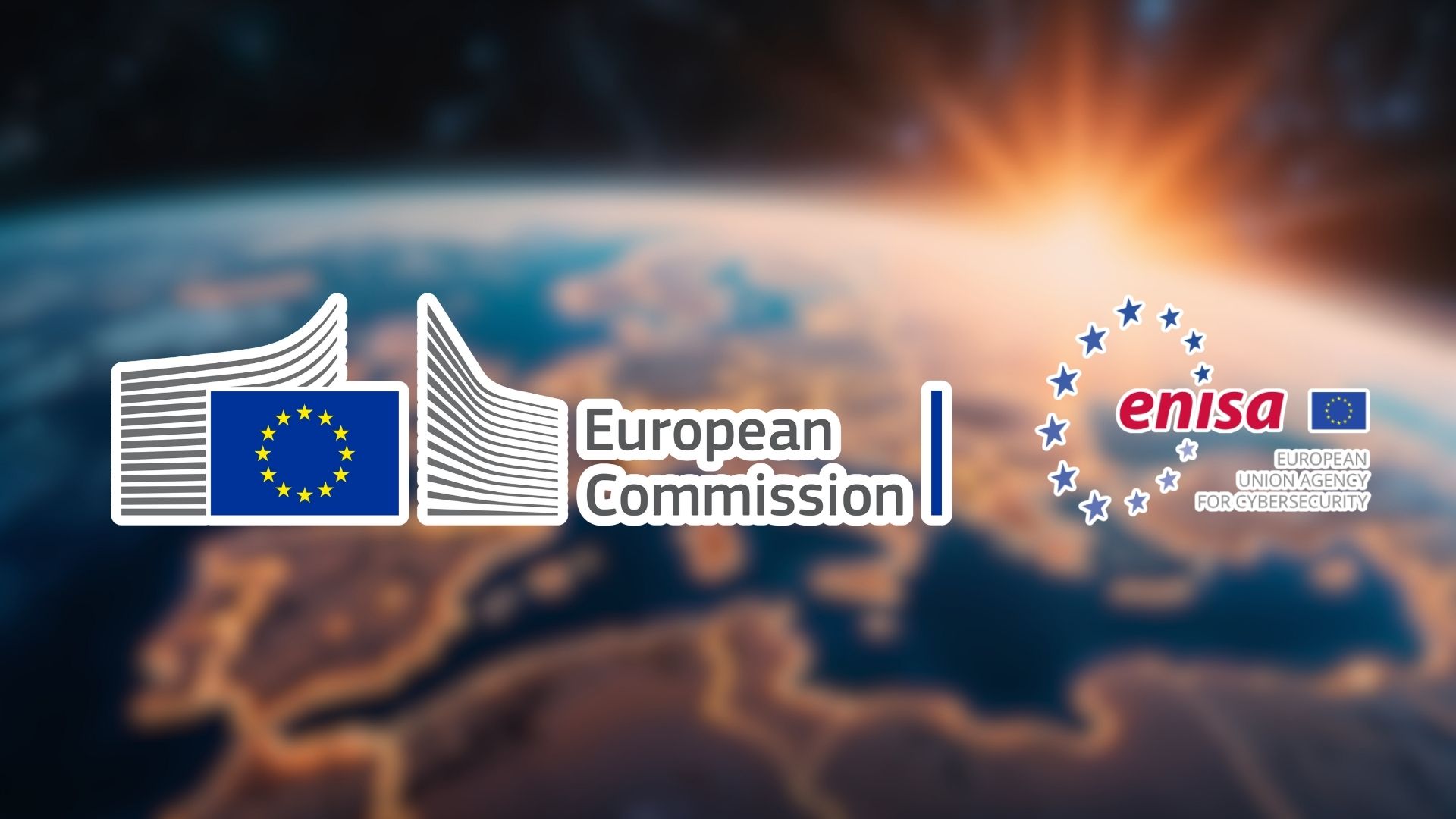Generative AI has rapidly entered classrooms worldwide, with students using chatbots for assignments and teachers adopting AI tools for lesson planning. Adoption has been rapid, driven by easy access, intuitive design, and minimal technical barriers.
A new OECD Digital Education Outlook 2026 highlights both opportunities and risks linked to this shift. AI can support learning when aligned with clear goals, but replacing productive struggle may weaken deep understanding and student focus.
Research cited in the report suggests that general-purpose AI tools may improve the quality of written work without boosting exam performance. Education-specific AI grounded in learning science appears more effective as a collaborative partner or research assistant.
Early trials also indicate that GenAI-powered tutoring tools can enhance teacher capacity and improve student outcomes, particularly in mathematics. Policymakers are urged to prioritise pedagogically sound AI that is rigorously evaluated to strengthen learning.
Would you like to learn more about AI, tech and digital diplomacy? If so, ask our Diplo chatbot!










